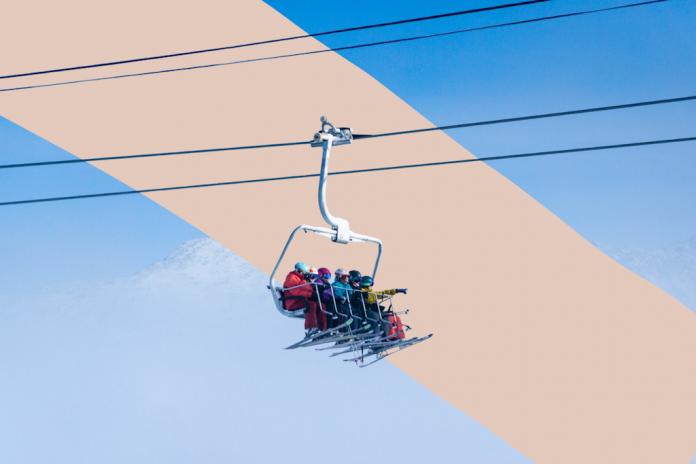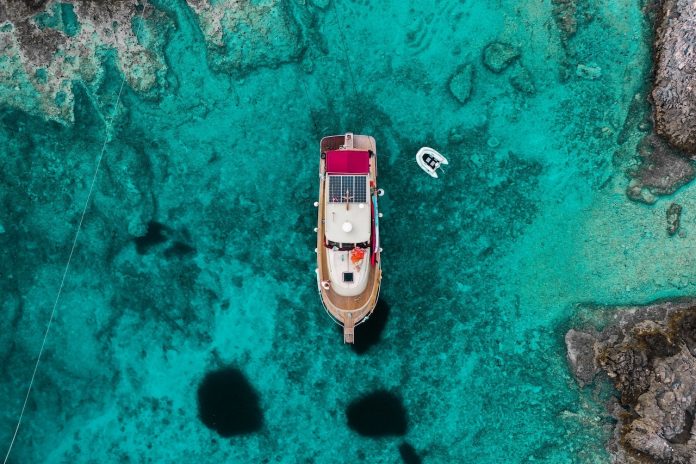To narrow down into just five destinations the world’s second largest continent, and one which boasts some of its richest flora and most thrilling fauna, is something of a thankless task. But since we’re in the game of narrowing down, we’re going to try.
After the two years we’ve all had, many are craving pastures new, desperate for a change of scenery and seeking engagement with new experiences. And if those pastures could be shared with marauding wildebeest and grazing giraffes? Well, we think that counts as a pretty novel experience right there.
Fortunately, in 2022, there are a whole host of volunteering opportunities in Africa that will see you connect with new colleagues, both human and animal, and give something back to this most beautiful of continents. If you’re looking for 5 of the best destinations in Africa for wildlife volunteering, then you’ve come to the right place.
BIG 5 RESEARCH PROGRAMS IN KRUGER, SOUTH AFRICA
The 20 private game reserves in South Africa’s Greater Kruger area combine to make one homogenous, 5.5 million acre space where lions, leopards, rhinos, elephants and buffalo roam, amongst a whole host of other wildlife.
Whilst physical conservation in Kruger National Park removing traps, snares and invasive species, in particular, is essential, the research and monitoring of the wildlife here takes equal precedence. During volunteering programs involving wildlife in South Africa, and in Kruger more specifically, you’ll collect vital data on the comings and goings of the wild animals that call the national park home, influencing wild conservation strategies and helping protect endangered wildlife here in the process.
More specifically, you’ll compile data profiles using everything from pawprints to whisker patterns, ear notches, scars and trails. Fascinating stuff, indeed, and as they say, knowledge is power. This has never been truer than when considering the protection of endangered species.

DOLPHIN CONSERVATION IN ZANZIBAR, TANZANIA
Situated just off the coast of Tanzania, Zanzibar has it all; lush tropical forests with indigenous wildlife, white sand beaches and turquoise waters, and all of the wildlife conservation opportunities that come with such illustrious geography.
The archipelago’s reputation as an island (or rather, collection of them) paradise is no hyperbole – the waters here are crystal clear and the diving opportunities plentiful.
That said, one of Zanzibar’s most popular activities in the water, swimming with dolphins, presents an increasing threat to these beloved creatures. Because it’s such a popular thing to do here, the bottlenose dolphins off Zanzibar’s seashore fishing village Kizimkazi (the premier destination for dolphin swimming here) are often stressed and overwhelmed by human attention. This can push them out of their natural feeding habitats and, ultimately, endanger their lives.
Though they are protected by the 420 km2 Menai Bay Conservation Area, there’s plenty more to be done in Zanzibar to dissuade dolphin ‘chasing’ and to monitor human-dolphin interactions with the hope of encouraging more ethical tours. Because of this, volunteering to help with dolphin conservation in Zanzibar is vital work indeed.
Read: 5 IDEAL places to plan your safari in Tanzania around
DESERT ELEPHANT TRACKING IN DAMARALAND, NAMIBIA
The extremities of Damaraland, in Namibia’s North West, are what will first strike you; barren, scorched desert which sprawls further than the eye can see, the country’s highest mountain Brandberg, and harsh, harsh heat.
Don’t let such inhospitable, ultra-rugged terrain put you off lending out a helping hand here; there’s plenty of wildlife to spot on safari excursions and projects, with desert elephants and black rhinos the must-see duo.
Unfortunately, due to widespread poaching, desert elephant numbers in Namibia have dwindled to a shocking 100 (of which just 18 are male), according to the Conservation Action Trust. By assisting the Namibian government with tracking and monitoring of herds, as well as in the building of protective walls and installation of water points for the elephants, you’ll be contributing to keeping that terrifying number from falling any further.
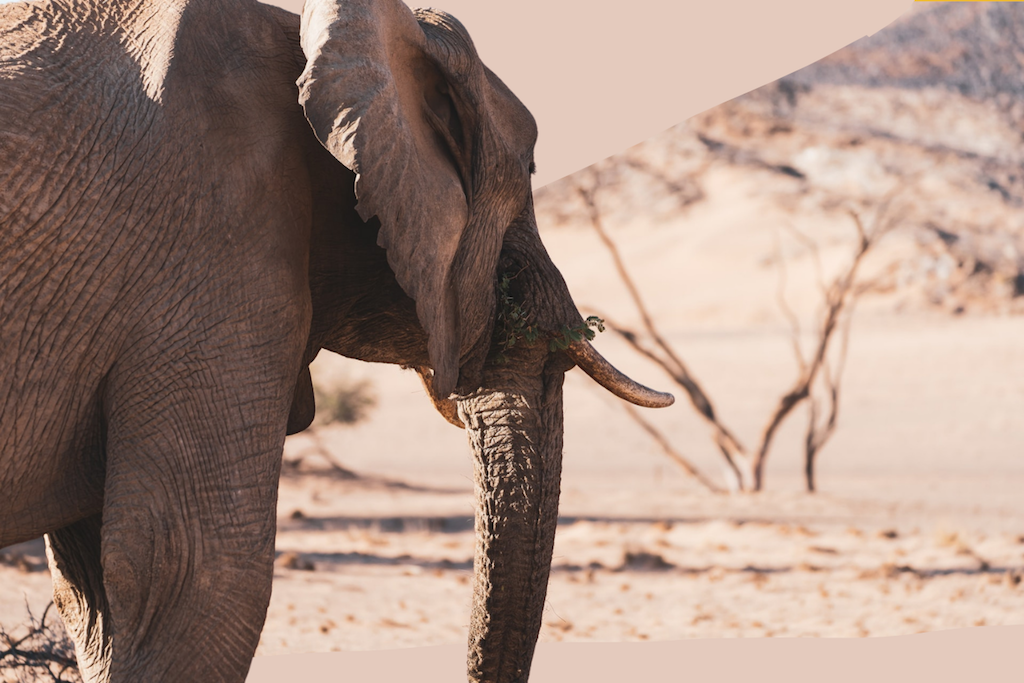
LION REHABILITATION & WILDLIFE ORPHANAGES IN ZIMBABWE
Zimbabwe has ten national parks and four dedicated safari areas making it one of the most diverse places on earth to engage with animals. The country not only boasts the iconic Victoria Falls, but also has one of the largest elephant populations in the world, along with all four other members of the Big Five, as well as cheetahs, hippos, and more, all roaming the savannah.
If you’re looking to volunteer in Zimbabwe, then the country has several conservation programs, as well as wildlife orphanages and even dedicated lion rehabilitation projects, all looking for volunteers. The lion population in Africa has fallen by a staggering 80 to 90% over the last four decades, and there are several specialist lion conservation projects and lion cub rehabilitation programs to volunteer on in Zimbabwe, with some of the most prestigious found in Antelope Park and Victoria Falls.
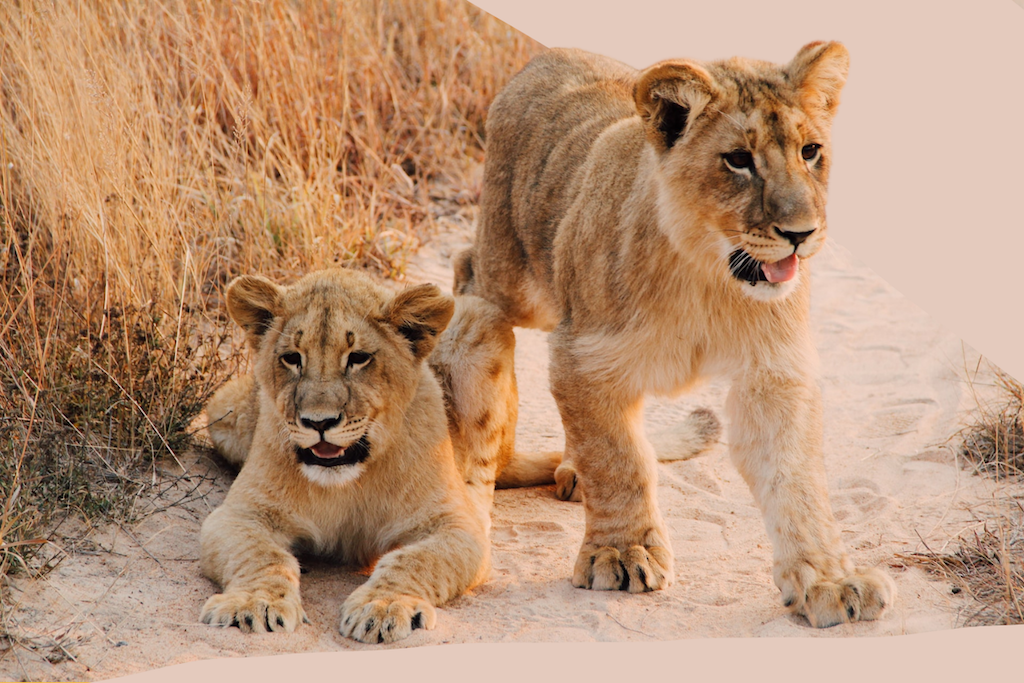
BIG CAT MONITORING IN MASAI MARA NATIONAL RESERVE, KENYA
Masai Mara is one of the largest game reserves in Kenya, scrap that, in the whole of Africa, and has been credited as being the inspiration for the Lion King.
It’s home to all members of the big five (lions, buffaloes, elephants, leopards, and rhinos) who make up a heavy hitting must-see list of safari wild animals. But an even bigger spectacle here is the migration of over 2 million wildebeest and zebra, in what is often referred to as (cue David Attenborough voiceover) ‘The Greatest Wildlife Show On The Planet’.
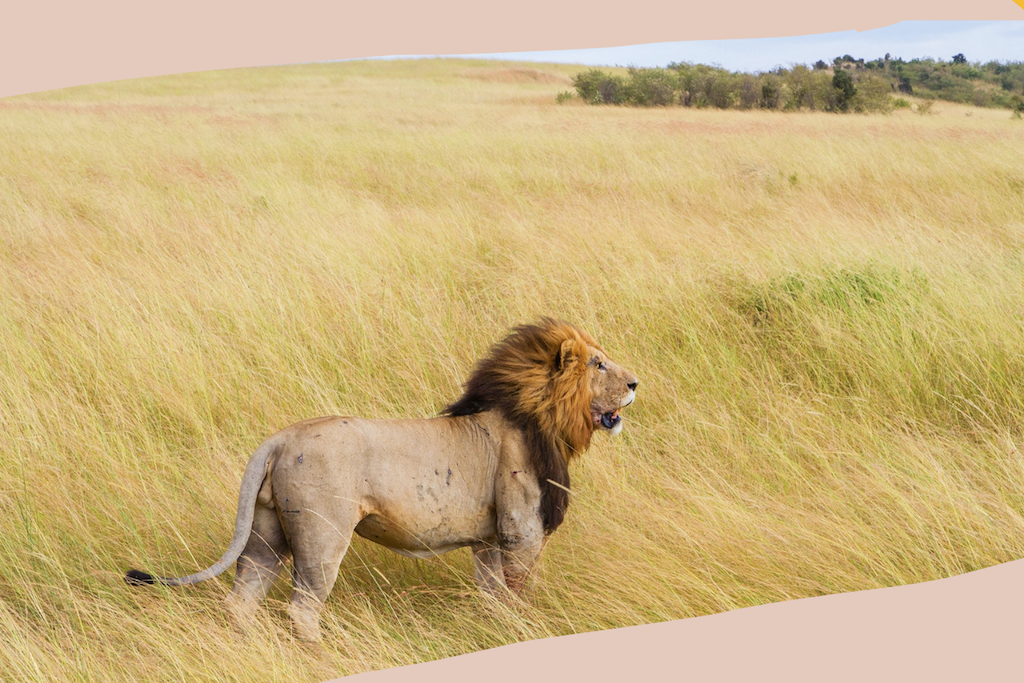
The mara itself is a fast savannah grassland dotted with wildlife and a nice mix of private and public safari lodges and campsites. The beautiful reserve is named after the inhabitants of that area, the Maasai people, the most photographed people in the world.
Sadly, all these superlatives have led to a land and people often exploited, rather than celebrated, with the Masai Mara’s native black rhino one of the most endangered species on the planet. Kenya boasts a strong anti-poaching presence, and much of the volunteering here revolves around assistance in monitoring black rhino numbers, as well as big cat research and conservation projects.
To give back to this awesome part of the world whilst experiencing it? Sounds like a dream 2022 to us!


